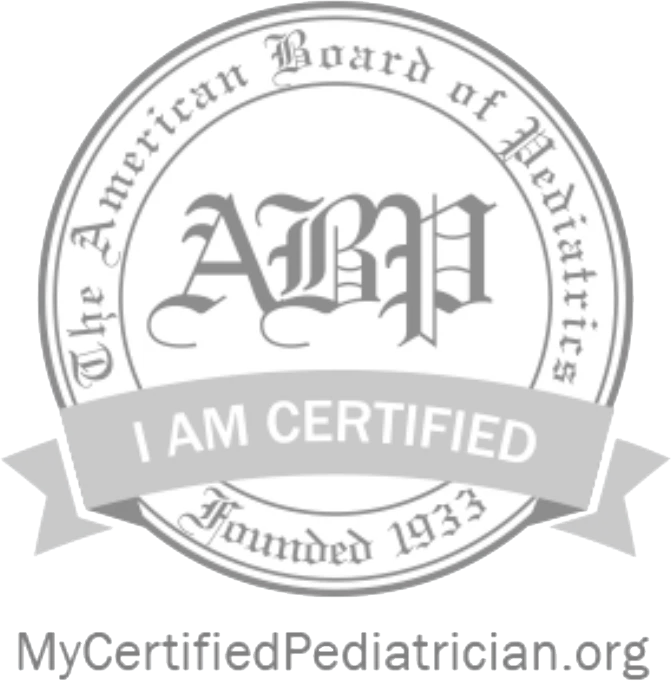Cold & Flu Symptoms
Just about everyone has had a cold or the flu.
These illnesses are caused by viruses that result in fever, runny nose, congestion (stuffy nose), sore throat, coughing, headache, body aches, vomiting, diarrhea. These viruses usually spread when you have been around someone else who is sick. The virus can also be transmitted when you have touched objects or surfaces that have the virus on them and subsequently touch your mouth, nose, or eyes.
To avoid getting sick, wash your hands frequently with soap and water for at least 20 seconds. Avoid touching your mouth, nose, or eyes with unclean hands. Do not hug, kiss, or share items such as cups, utensils, napkins, or towels with someone else who is sick. Use hand sanitizer frequently and clean surfaces that have been touched by someone who is sick. If you are sick, stay home and wear a mask to avoid getting others sick.
If your child does get sick, here are some things you can do to help:
- Use nasal saline, a suction device such as the Nosefrida Snot Sucker, and a humidifier to help with runny nose, stuffy nose, and coughing.
- Warm baths and showers are also good for congestion and often help your child with fever and body aches as well.
- Fever reducers such as acetaminophen (Tylenol) and ibuprofen (Motrin, Advil) help with fevers, headaches, and body aches.
- Children 6 years of age and older can try over the counter cold medications.
- Children who suffer from asthma should discuss with their pediatrician about how to manage their asthma medications.
Any child who demonstrates difficulties breathing, true lethargy (unable to arouse), or dehydration should seek emergency care.
For those with manageable symptoms, if your child has cold symptoms that last longer than 10 days, high fevers, or worsening of any of their symptoms, please call Over the Moon Pediatrics for an appointment to assess your child’s condition.
SYMPTOM CHECKER
If your child is feeling unwell, you can use our symptom checker to gain a better understanding of what could potentially be happening. Our symptom checker provides you access to over 100 symptoms to ensure you know when to bring your child to the office to be seen by a physician. If you have any questions regarding the symptom checker or your child’s health, don’t hesitate to contact our offices to schedule an appointment.









